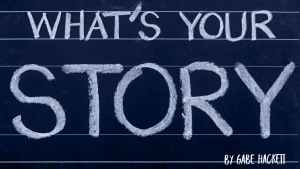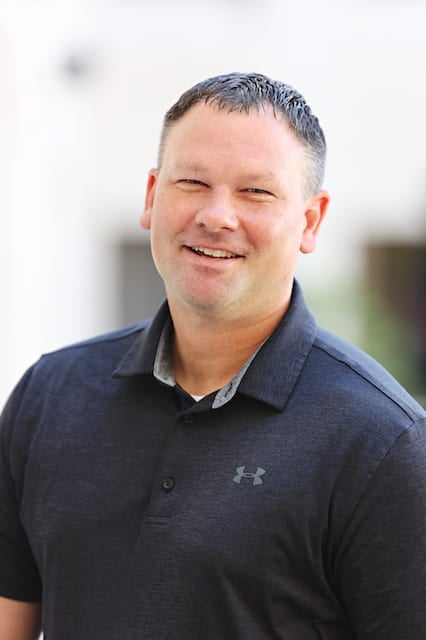What Happened?
Over the last year, we’ve invested much of our scheduled professional development time into a trauma-informed focus. Throughout this journey, I keep coming back to two words that have been game-changers when working with students who are in crisis or simply made a poor decision: “What Happened?” If you’re reading this and thinking, ‘what happened, obviously you’re going to ask a student that question when they aren’t meeting expectations or you’re investigating a behavior incident’ you would be correct. That “what happened?” is an important question, and we obviously need to know literally what has happened in the last few minutes to process the most recent behavior. However, the “what happened?” I’m referring to is “what happened to you?” As in what happened to you that you would make this poor decision? What happened to you that has you so angry? What happened to you that has made you so sad? What happened to you that you are treating others this way?

I will be the first to admit I don’t always have time to dig deeper into the root of the behavior. There are times we are trying to regulate a behavior in the middle of the hallway, and that is not the time to be asking those “what happened?” questions. There are times when “what happened?” will send a student into the full cycle of escalation because the hurt is that deep. Last week I was working with a student who was demonstrating unexpected behavior. These behaviors (name calling, swearing, bullying-type actions) came as a surprise to his teachers and the office staff because they were not typical of this student. When I asked the student “what happened?” he was very honest about the things that were happening around school and on the bus. When I asked him what was happening to him outside of school to cause him to hurt other people, he immediately started crying and going into detail about his dad leaving the house and how hurt he is. Asking this student, “what happened to you?” completely changed the conversation. I could have easily moved forward after talking about his actions with discipline and a standard call home. Instead, we were able to put a plan into place to support all of the students involved, repair relationships, find support with our social workers, and have a meaningful conversation with the student’s grandma about how school can help through this difficult time.
Any time I blog, I do my best to reference those that have helped inspire me. The leaders in education who have written or spoken on the topic I’m writing about so I can continue to learn from them, and anyone who might be reading can go straight to the expert. I’ve searched through my notes, and I can’t specifically find the author or speaker who first introduced me to “what happened” as the best way to truly understand why unexpected behaviors are happening at school. It could have been Todd Whitaker (“hurt people, hurt people) or Erik Rehwaldt’s trauma-informed training to our staff. It could have been LaVonna Roth’s or Ken William’s keynote talks at First Institute this summer. Did I read it in Kids Deserve It or Hacking Early Learning or Be The One or Talk to Me? Maybe even from Mrs. Rengel and Mrs. Simon, Little Mountain’s amazing social workers? Whether they’ve used those exact words or not, they all have taught me such an important lesson in working with students who demonstrate unexpected behaviors: Until we understand what our students have been through, we won’t fully understand why their behaviors appear how and when they do. And isn’t that the key to moving into a trauma-informed mindset to help ALL of our students?


Recent Comments